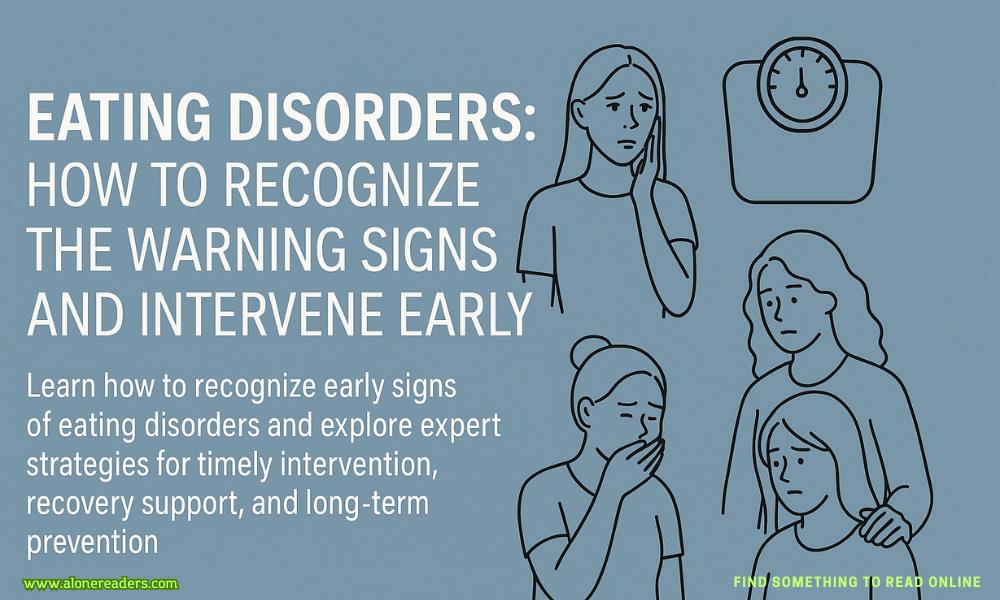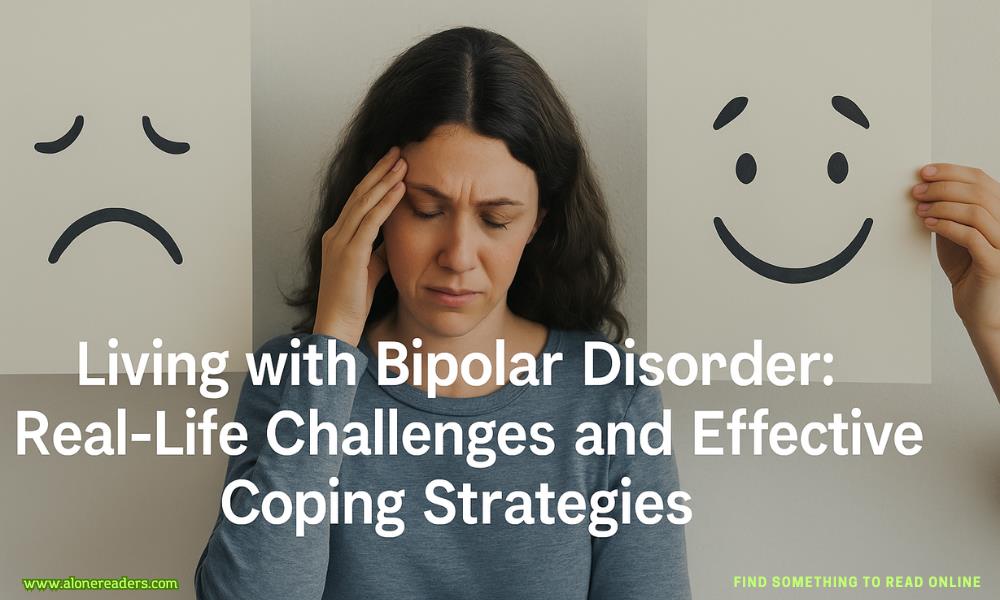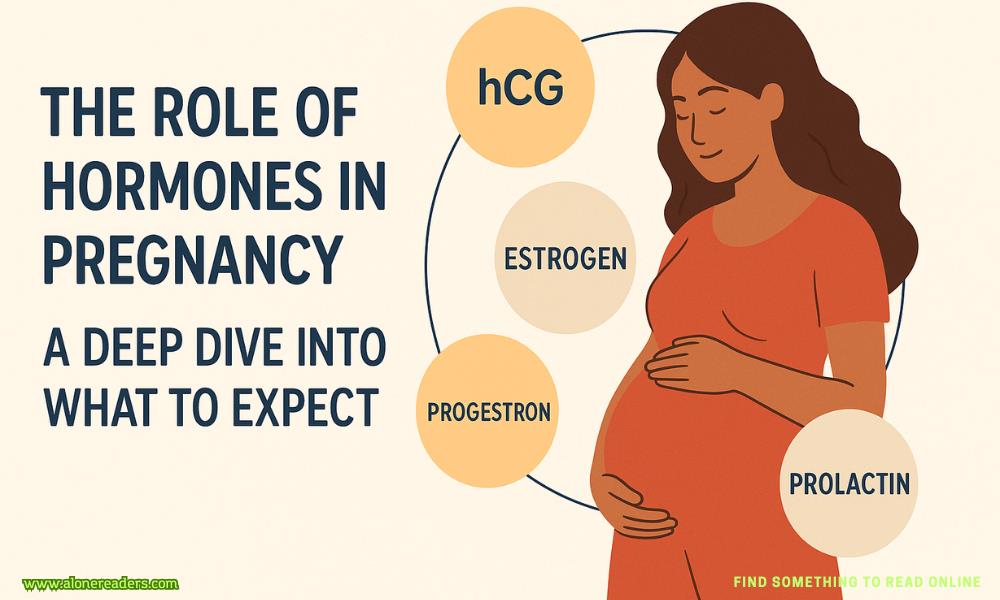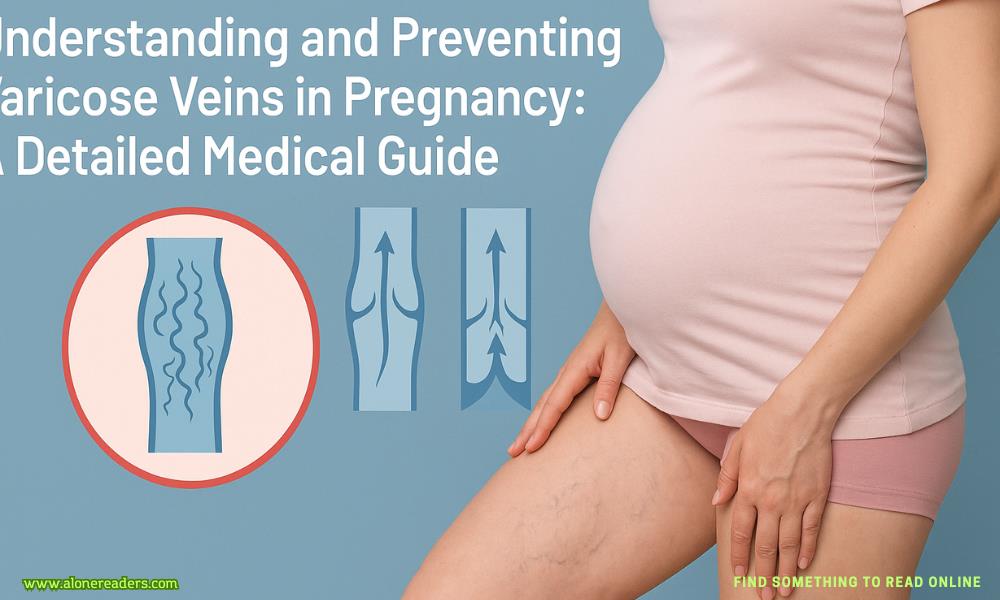Page 89 of Broken Country
Grace yanked hard, grunting like a heavyweight wrestler, and at last the lamb slithered free. I wish I’d had a camera on me. Her face. I wish Frank could have seen it, the mixture of pride and awe when she turned to grin at me and made a thumbs-up sign.
She was born, not on the kitchen floor like her brother, but at Dorchester Hospital, eight months after the trial finished. I waited until the risks of early miscarriage had passed before I told Frank I was expecting his baby. I knew how much it would mean to him, another child, his own flesh and blood this time.
“Guess what?” I said, the next time he phoned. “I’mpregnant. Thirteen weeks yesterday. We’re having a baby, Frank.”
In the short silence before he spoke, I pictured him in the prison telephone box, fighting his emotion. I heard his rapid breaths, the croakiness of his voice when he spoke.
“How?”
“I threw my diaphragm away, a few months before the trial. I didn’t want to tell you in case it didn’t happen.”
“We’re having a baby? You’re pregnant? We are going to have another child?”
Frank was shouting now. Shouting and laughing. Repeating my news until it had sunk in.
Remembering the joy in his voice when I told him consoles me on the loneliest nights.
When I first saw our daughter, I felt such a rush of elation. She had been born at exactly the right time to be a woman.
“For you,” I whispered to the tiny baby at my breast, “the world is changing.”
You have a daughter, I wrote to Frank that same afternoon.She’s the most beautiful thing you’ve ever seen. Will you choose her name?
His reply came by return of post.Let’s call her Grace.
I thought,Yes, Frank gets it. She is our second grace. She is our new beginning.
I hoped Frank would let me visit him in prison once our daughter had been born. But, every time I asked him, he said no.
“Please, Beth, let me get this done in my own way.”
I railed at him sometimes. “Why is it all about what you need? What about me? What about me needing to see you?” I shouted, flaring up on one of our weekly Sunday-night phone calls. “You’re ashamed for me to see you in there?You’d rather go years without seeing your wife or being able to hold your child in your arms because you’re ashamed of what I might think? Then I’m ashamed you think so little of me.”
I hung up on Frank before he could answer and was filled with remorse for the rest of the night. I’d wasted our phone call. And, worse, I’d upset him. And now I had to wait a whole week before I could talk to him again.
Two days later, his letter arrived.
Dear Beth,
I have this picture in my head and it’s the thing that sustains me, every single day. I imagine myself coming back to the farm one bright, spring afternoon. A cold, crisp, sunny day, the kind of weather that has always been our favorite. There are new lambs in the field and all Bobby’s favorite birds are back for the summer chittering away, making a racket.
I step onto our land and breathe it all in. I’m home, I say to myself. I’m home. That’s when I see you with Grace, for the very first time… and it feels so pure, Beth. I don’t want this place in your head or hers. I know I’m being selfish. Please try to understand—?
Frank
My father visits Frank every month to keep him updated on the farm.
When Frank was sentenced to eight years in Wandsworth Prison, both my parents resigned instantly from their teaching posts in Ireland. Within three months they were back in Dorset helping me manage the farm.
It has been joyous seeing the way the farm has changed them. And how they have changed the farm. My mother, whom I couldn’t have imagined without her books and hermarking, is out with us in the fields all day. She lives in an old pair of my father’s cords and has a permanent outdoor tan. She looks years younger.
My mother found an old handwritten recipe for cheddar muddled in among the farm accounts. She spent months perfecting her version of Blakely Cheddar and then she began selling it at the local Saturday market. The cheese is sharp and salty but creamy, and distinctive in its purple wax coating; every week it sold out within an hour. Now we’ve converted a shed into a cheese dairy, invested in new machinery, and the cheese sells throughout the country. This tiny experiment has become our staple income.
My father likes to save up problems for his visit to Frank. When something baffles us—usually a piece of equipment breaking down—he always says: “No matter, Frank will know how to fix it. I’ll pop up and see him, shall I?” In this way, he tries to keep Frank engaged with our life at the farm.
Aside from my dad, the people who have visited Frank in prison most often are Gabriel and Leo.
It took a long time before Gabriel was able to talk to me again, and I understood it.
- Her Desert King by Marian Tee
- A Wife's Duty by Sam Crescent
- The Gift that Keeps On Giving by Jessa Kane
- Hard Hearts by Ella Goode
- Obsidian Devotion by Sylvia Rae
- Sold to the Single Daddies by Summer Haze
- Coast by Jessica Gadziala
- Jezebel's Liberation by Lacy Rose
- A Touch of Fate by Cora Reilly
- Relentless Knight by Lisa Cullen
- The Cheerleader by Jade Marshall
- With this Ring by Sierra Cartwright
- Axel by Kelly Finley
- Ice Cold Liar by Cynthia Eden
- Her Daddies' Everything by Laylah Roberts
- Bound By Lust by Rose Marie







